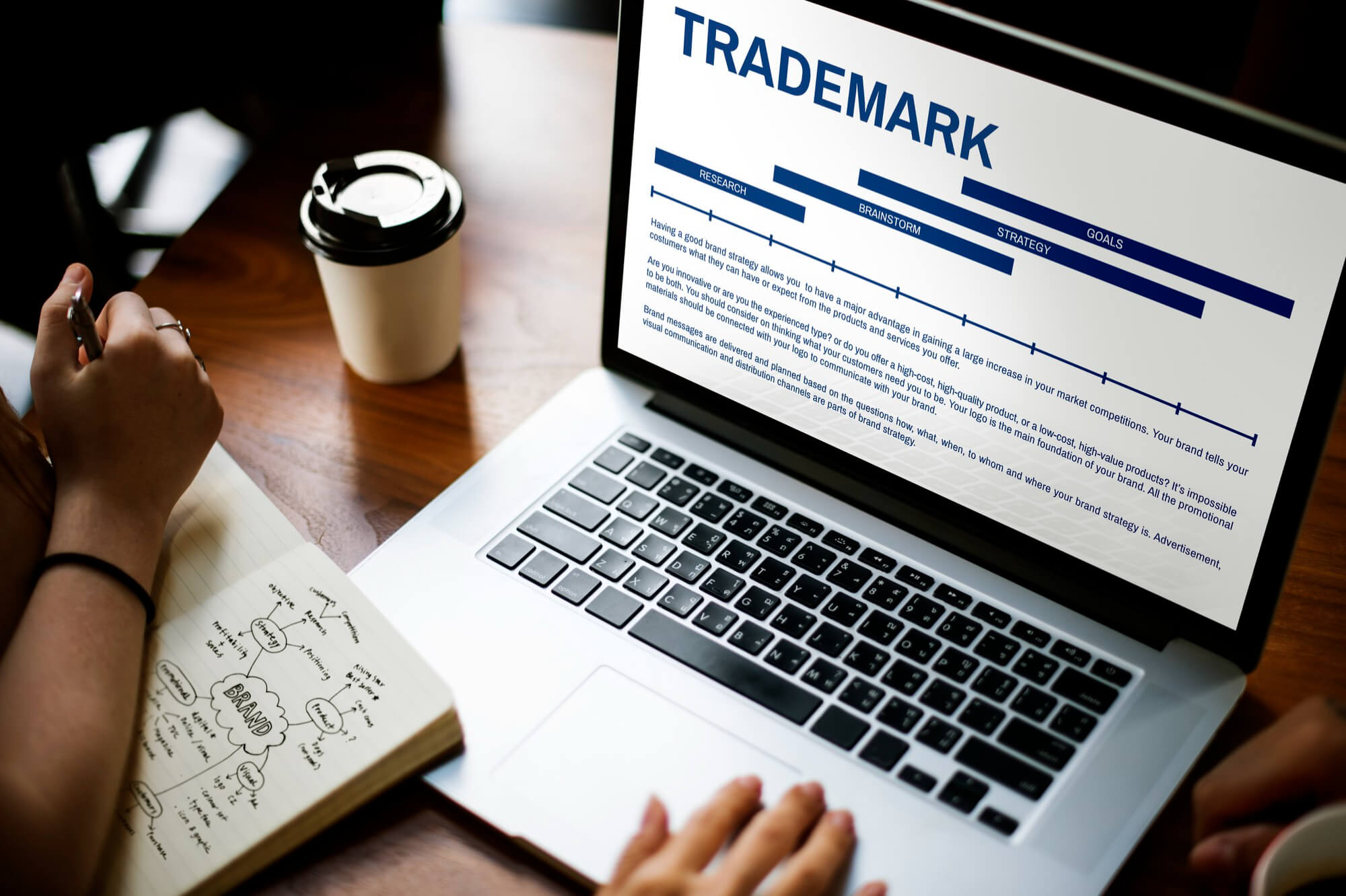If you’re planning to start a trading company in the UAE, one of the first and most critical steps is understanding the licensing system. A trading license is essential to legally conduct import-export, wholesale, and retail trading activities in the region. In this article, we’ll explore the different types of trading licenses, their associated costs, and the factors you need to consider when applying.
1. What is a Trading License in the UAE?
A trading license is an official permit issued by the UAE government that allows businesses to engage in commercial activities such as trading goods, import/export, and distribution. It is a mandatory requirement for any entity operating within the UAE’s jurisdiction, whether on the mainland or in a free zone. This license not only legitimizes your business but also provides access to business banking, visas, and logistics services in the UAE.
2. Types of Trading Licenses Available
There are several types of trading licenses in the UAE, depending on your business structure and the nature of your activities:
- Commercial License: This is the most common license used by general trading companies. It allows you to trade in a variety of goods, from electronics and apparel to food and construction materials.
- General Trading License: A broader version of the commercial license, it permits trading in unrelated product categories under one license. Ideal for large trading companies in Dubai or the UAE that handle multiple goods.
- E-commerce License: For businesses that conduct trading online via digital platforms.
- Professional License: Although not strictly for trading, this is used for service-oriented businesses (e.g., consultants, IT services) and is sometimes combined with trading for hybrid business models.
- Free Zone License: Issued by specific free zones like JAFZA, DMCC, or DAFZA, allowing import-export and warehousing within the free zone with customs benefits.
3. Costs of Trading Licenses in the UAE
The cost of obtaining a trading license in the UAE varies based on multiple factors, including your chosen jurisdiction (mainland vs. free zone), the type of license, and additional services (e.g., visas, office space). Here’s a general breakdown:
- Mainland Trading License: Starting from AED 10,000 to AED 25,000
- Free Zone License: Typically between AED 5,000 and AED 15,000 (excluding office space and visa packages)
- General Trading License: Often more expensive, ranging from AED 15,000 to AED 50,000 due to broader permissions
Additional costs may include:
- Trade name registration
- Office or warehouse rental
- Employee visas and immigration fees
- Customs registration for import-export businesses
For businesses involved in logistics, wholesale in Dubai, or storage services, warehouse rental costs and logistics infrastructure should also be factored in.
4. Mainland vs. Free Zone: Which Should You Choose?
Your business model will determine whether a mainland or free zone license is more suitable:
- Mainland License: Allows full access to the UAE market, including direct trading with local suppliers and retailers. You can bid on government contracts and open branches across the UAE.
- Free Zone License: Ideal for businesses focused on export from Dubai, re-export, or online operations. Free zones offer full foreign ownership, tax benefits, and faster setup times — but you’re restricted from direct trade within the local UAE market without a distributor.
Many businesses choose to set up in a free zone for cost efficiency, then partner with a mainland distributor to enter the local market.
5. How to Apply for a Trading License
The process to obtain a trading license in the UAE involves several steps:
- Choose the legal structure (LLC, sole proprietorship, branch, etc.)
- Select your business activities and apply for initial approval
- Register a trade name and obtain external approvals if needed
- Secure office or warehouse space
- Submit final documents and pay the license issuance fee
If you’re unsure about the process, working with a business setup consultant or local trading partner can streamline the process and ensure compliance with local regulations.
Conclusion
Understanding the types and costs of trading licenses in the UAE is essential for setting up a compliant and successful trading business. Whether you plan to engage in import-export, wholesale, or product distribution, choosing the right license structure is the first step toward sustainable growth in one of the world’s most dynamic trading hubs.

